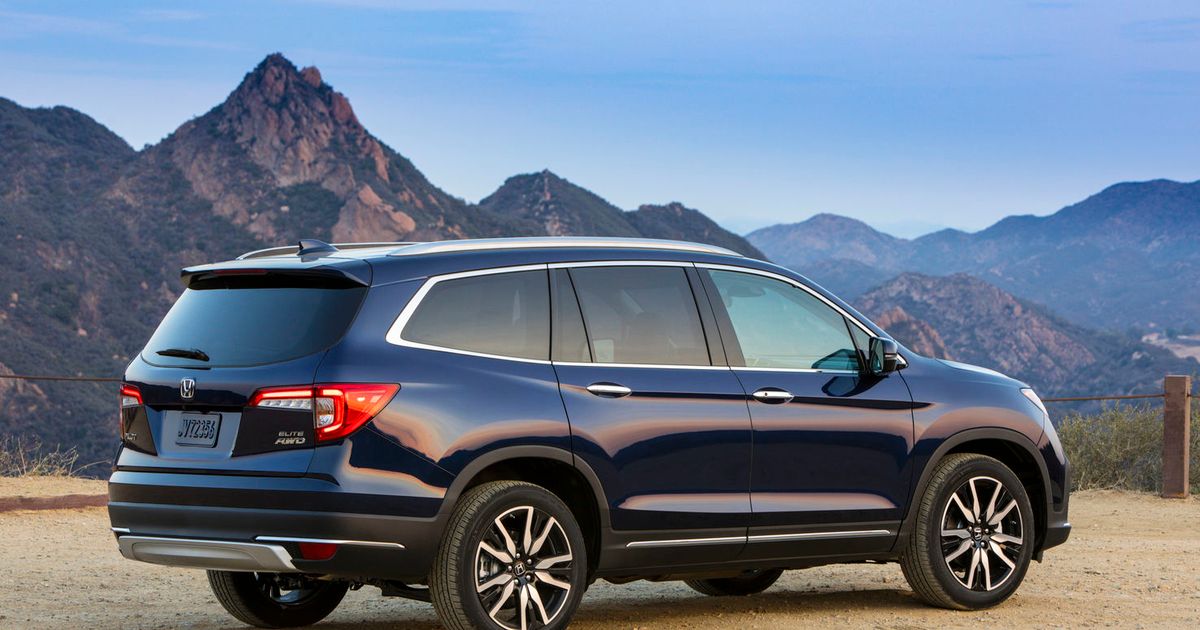
WASHINGTON — U.S. auto safety regulators are investigating potential safety issues with certain Honda Pilot midsize crossovers after reports alleging engine failure.
NHTSA’s Office of Defects Investigation said it has received 221 complaints and several field reports alleging a defect with the auto stop-start feature on Pilot vehicles from the 2016-19 model years.
The safety probe covers an estimated 194,731 vehicles in the U.S. equipped with the 3.5-liter engine coupled with a nine-speed automatic transmission and includes Pilot vehicles from the 2020 model year, according to a NHTSA document posted Tuesday.
The complaints allege that the “engine fails to restart on its own from a complete stop at a traffic light or road intersection” when the auto stop-start function is engaged, the document states. Some of the complaints also allege a jump was required for the vehicle to restart.
Both Pilot Touring and Elite trim-level vehicles are equipped with the auto stop-start function to help improve fuel efficiency.
The defects investigation office said it met with Honda on “various occasions” to discuss the issue, the document states.
Honda told the agency it found a correlation between the customers’ allegations and the auto stop-start issues and indicated other Honda models — the Honda Odyssey, Acura TLX and MDX with 3.5-liter engines and nine-speed automatic transmissions — also experienced the engine failures.
A spokesman for American Honda Motor Co. did not immediately respond to a request for comment from Automotive News.
Through its investigation, NHTSA will determine the scope and severity of the potential safety defect.
Most NHTSA investigations start as preliminary evaluations, in which agency engineers request information from the manufacturer, including data on complaints, injuries and warranty claims.
The manufacturer also can present its view regarding the alleged defect and might issue a recall.
After the evaluation, NHTSA will either close the investigation or move into the next phase. If a safety-related defect exists, according to NHTSA, the agency could send a “recall request” letter to the manufacturer.